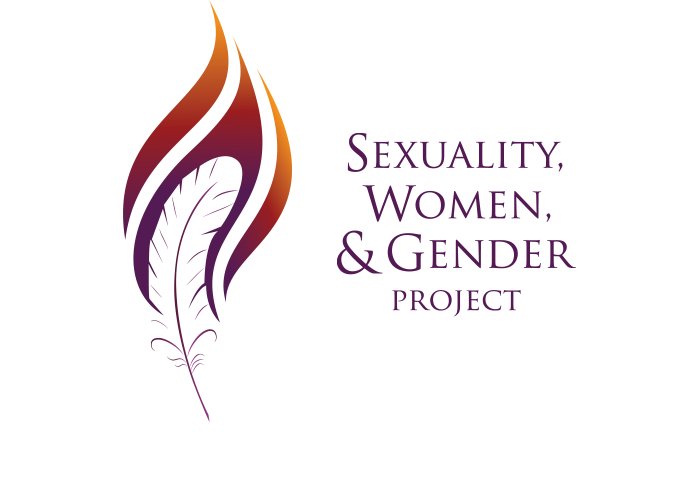The United States maternity care system is one of the costliest in the world, yet among industrialized countries, the U.S. ranks among the worst globally for both maternal and perinatal outcomes (Childbirth Connection, 2014).
While many births in the United States historically occurred at home, birth practices have become more medicalized since the early 1900s. This is depicted in trends such as the rising cesarean rate. Although the World Health Organization considers 85-95% of pregnancies to be low risk - without the need for excessive medical intervention - the current c-section rate in the U.S. is 32.8% (up from 4.5% in 1965) with many hospitals in the New York Metro area and across the country reaching far above this percentage (Lothian & DeVries, 2010; Childbirth Connection, 2013). The World Health Organization recommends a c-section rate of between 5-10%, with rates above 15% doing more harm than good for maternal and infant health (Childbirth Connection, 2013).
Find out specific hospital's c-section rates here.
On Monday, November 4, 2013, the non-profit organization Choices in Childbirth, a national leader in consumer advocacy and education for women and families, and the Sexuality, Women, & Gender Project of Teachers College, Columbia University co-hosted a screening of The Business of Being Born: Classroom Edition (www.classroombobb.com) in the Russell Hall Library of the Teachers College campus.
The Business of Being Born: Classroom Edition seeks to both educate young people about birth options and engage students in dialogue around maternity care issues, ideally before they make their own birth-related decisions. Choices in Childbirth has brought hundreds of screenings of the film to universities and high schools to paint a different picture of maternal health care than is typically portrayed in the U.S. media. The film reaches out to young audiences to encourage and empower them to seek out woman-centered maternity care.
The screening was followed by a panel discussion moderated by Aurelie Athan, PhD, co-founder of the SWG Project, full-time lecturer and Program Coordinator for the Masters Program in the Department of Clinical Psychology at Teachers College, Columbia University. Panelists included scholars and professionals from the fields of health education, narrative medicine, reproductive justice, midwifery, doula support, social work and advocacy.
The panel discussion covered a variety of themes related to reproductive health, women-centered care, body literacy and informed choice among young women, the status of midwifery today, as well as the challenging decisions and societal judgement often facing new mothers and families.
Panelists shared their thoughts and experiences regarding obstetrical trends and costs in the United States, explored comparisons and contrasts between the midwifery and medical models of care, and dialogued with audience members about birth-related trauma as well as resources for support and healing.
The event concluded with a call to action for both national advocacy as well as collaborative, community-based efforts to secure greater access to safe, fulfilling birth experiences and postpartum support for diverse women and families.
Interested in learning more?
- Birth by the Numbers: http://www.birthbythenumbers.org/ and http://www.youtube.com/watch?v=Rm9tTY89DLg (short film)
- Childbirth Connection: https://www.childbirthconnection.org/
- Choices in Childbirth: http://www.choicesinchildbirth.org/
- Citizens for Midwifery: http://cfmidwifery.org/index.aspx
- Coalition for Improving Maternity Services: http://www.motherfriendly.org/
- Listening to Mothers Surveys: http://www.childbirthconnection.org/article.asp?ck=10068
References:
Childbirth Connection. (2014). Understanding and navigating the maternity care system. Retrieved from http://www.childbirthconnection.org/printerfriendly.asp?ck=10182.
Childbirth Connection. (2013). Why is the national U.S. cesarean section rate so high? Retrieved from http://www.childbirthconnection.org/article.asp?ck=10456.
Lothian, J., & DeVries, C. (2010). The official Lamaze guide: Giving birth with confidence (2nd ed.). New York: NY, Simon and Schuster.
Panelists:
Elsa Asher, CD(DONA), MS candidate, Columbia University Narrative Medicine program (www.elsaasher.com).
Shawnee Benton-Gibson, LMSW, FDC, Founder and Executive Director of The Griots' Healing Circle and co-founder and director of Spirit of A Woman Rites of Passage & Leadership Development Institute (http://www.sowleadership.com/LeadershipProfiles.html).
Amy Liss, CD(DONA), LCCE, CLC, EdD Candidate, Health Education, Teachers College, Columbia University (www.amy-liss.com).
Melissa Madera, PhD, DONA International trained labor and postpartum doula, childbirth educator, and founder of The Abortion Diary Podcast (www.empoweringthebody.com).
Chanti Smith, CPM, pre- and perinatal birth therapist, hypnobirthing instructor, prenatal yoga and embodied anatomy yoga teacher, infant massage instructor, lactation specialist, and western trained herbalist (www.embodiedbeginnings.com).

